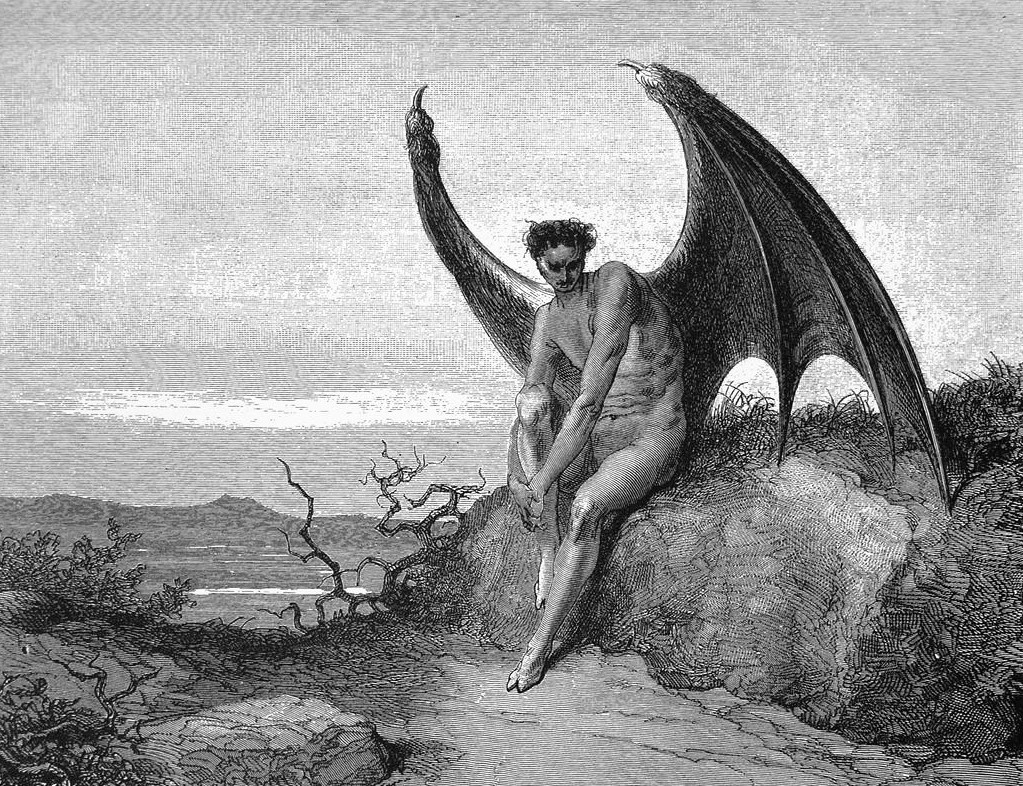30 July 2020
Goodies or Baddies?
Hard to tell these days.
By Neil Tidmarsh
 The forces of law and order sealed off a crime scene in Piacenza, Italy, last Friday. The site had allegedly been a centre for drug-dealing, prostitution and torture. The authorities closed down a suspected criminal organisation and made eight arrests, including the ring-leader who’s accused of organising orgies, distributing drugs to local dealers and facilitating their distribution throughout the province during lockdown. He’d boasted that he was “untouchable” and had been photographed brandishing wads of banknotes and bottles of champagne in true gangsta style.
The forces of law and order sealed off a crime scene in Piacenza, Italy, last Friday. The site had allegedly been a centre for drug-dealing, prostitution and torture. The authorities closed down a suspected criminal organisation and made eight arrests, including the ring-leader who’s accused of organising orgies, distributing drugs to local dealers and facilitating their distribution throughout the province during lockdown. He’d boasted that he was “untouchable” and had been photographed brandishing wads of banknotes and bottles of champagne in true gangsta style.
The site was a police station. All eight men arrested were police officers. Only two years ago the same police station had won an award for its efforts in the fight against drug dealing.
It’s hard to tell the goodies from the baddies these days. As statues tumble, it’s almost impossible to keep track of who’s a hero and who’s a villain. This week alone, the BBC was accused of tarnishing Winston Churchill’s reputation, Isaac Newton was accused of sticking the knife into fellow scientist Robert Hook, the American media icon Ellen DeGeneres was called “notoriously one of the meanest people alive”, Richard Cowie MBE (aka grime hero Wiley) emerged as a vocal anti-semite and J K Rowling continued her descent from “most loved” to “most hated”.
Johnny Depp – who became a hero by playing a piratical villain – has had a van-load of dirty laundry washed in a public court this month. Whether he’s the villain that The Sun and Amber Heard would have us believe is now a matter for judge and jury to decide, but the trial has offered us a butler’s behind-the-scenes eye-view of his domestic life which brings to mind the saying “no man is a hero to his valet”.
The white male teenager, wearing a red “Make America Great Again” cap, who was pilloried in the USA as an arrogant racist when a photo of a face-to-face confrontation between him and a native American went viral, was not a villain after all: a video of the incident shows that he was in fact a victim of racial abuse and the hero of that encounter, and this week he settled a $250 million lawsuit against The Washington Post.
Remember those recruitment adverts for the Hong Kong police back in the 1970’s, picturing heroic-looking young men in their splendid white uniforms of reassuringly old-school baggy shorts and tropical tunics? No such heroes police the streets of Hong Kong today, if all those photos of officers enforcing Beijing’s new security laws are to be believed. Can we look to the Land of the Free for law-enforcement heroes worthy of the legacy of Starsky and Hutch and The Hill Street Blues? Hardly, with villains like ex-officer Chauvin around and if those stories of mysterious federal agents bundling protesters into unmarked cars in Portland, Oregon, are true.
It’s all very confusing. Where then can we look for role models, for guidance on good and bad, right and wrong? The church, perhaps? In Paris this week, the Pope’s former ambassador to France was sent to trial on charges of sexual assault. In Russia this week, the formerly heroic abbess of a Moscow convent – she was awarded the state medal “For Merit to the Fatherland” by President Putin in 2018 – was reduced to villain status when it was revealed that she’s been driving around in a luxurious Mercedes-Benz S-class for the last four years. She was censured by Patriarch Kirill and ordered to give up the car. His spokesman said “donations should be used for social and philanthropic aims.”
Last month, an ascetic monk and priest, Father Sergy, seized a convent near Yekaterinburg, drove out the Mother Superior and her nuns, and is holding it in defiance of the Russian Orthodox Church. He’s apparently being guarded by a unit of Cossacks and a band of veterans of the war in Ukraine, and threatens to “raise the battle alarm” and defend the building if it’s stormed by the authorities. He’s a former policeman, but was once sentenced to thirteen years in prison for murder. According to The Times, he admires both Tsar Nicholas II and Stalin, has called Putin “a traitor” and the patriarch a “heretic” and an “enemy of God”, and believes that the country’s new transport permits are the work of Satan and that anti-coronavirus vaccines in development are a world-wide conspiracy to control everybody via microchips (he ignored the ban on holding services during the lockdown and has dismissed Covid-19 as a “pseudo-pandemic”). He’s famous for his exorcisms. Last week he was defrocked by Patriarch Kirill. But not everyone thinks he’s a villain – his many supporters (including an ice-hockey star, a Russian MP and other prominent figures) think he’s a hero.
“Who’s winning? The goodies or the baddies?” was one of my earliest and most anxious questions, when I was so young that I could hardly follow the plot of a movie or a tv drama and the confusion and excitement were positively frightening. The answer was always a reassuring “the goodies”, of course. In today’s real world, however, the problem isn’t so much working out who’s winning – it’s working out who are the goodies and who are the baddies in the first place.


